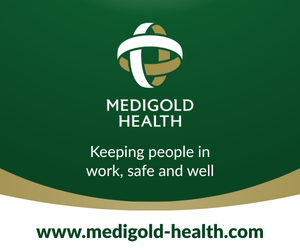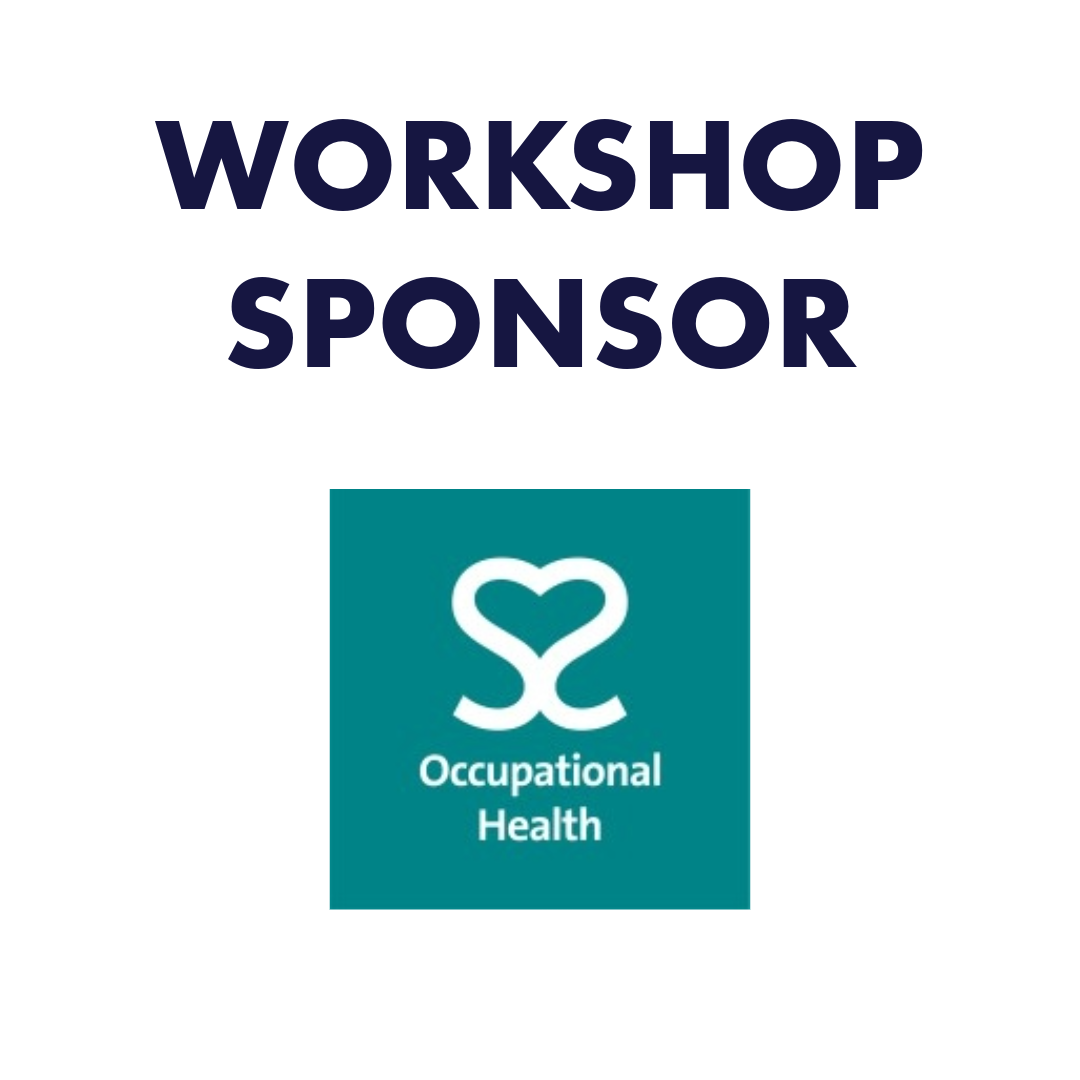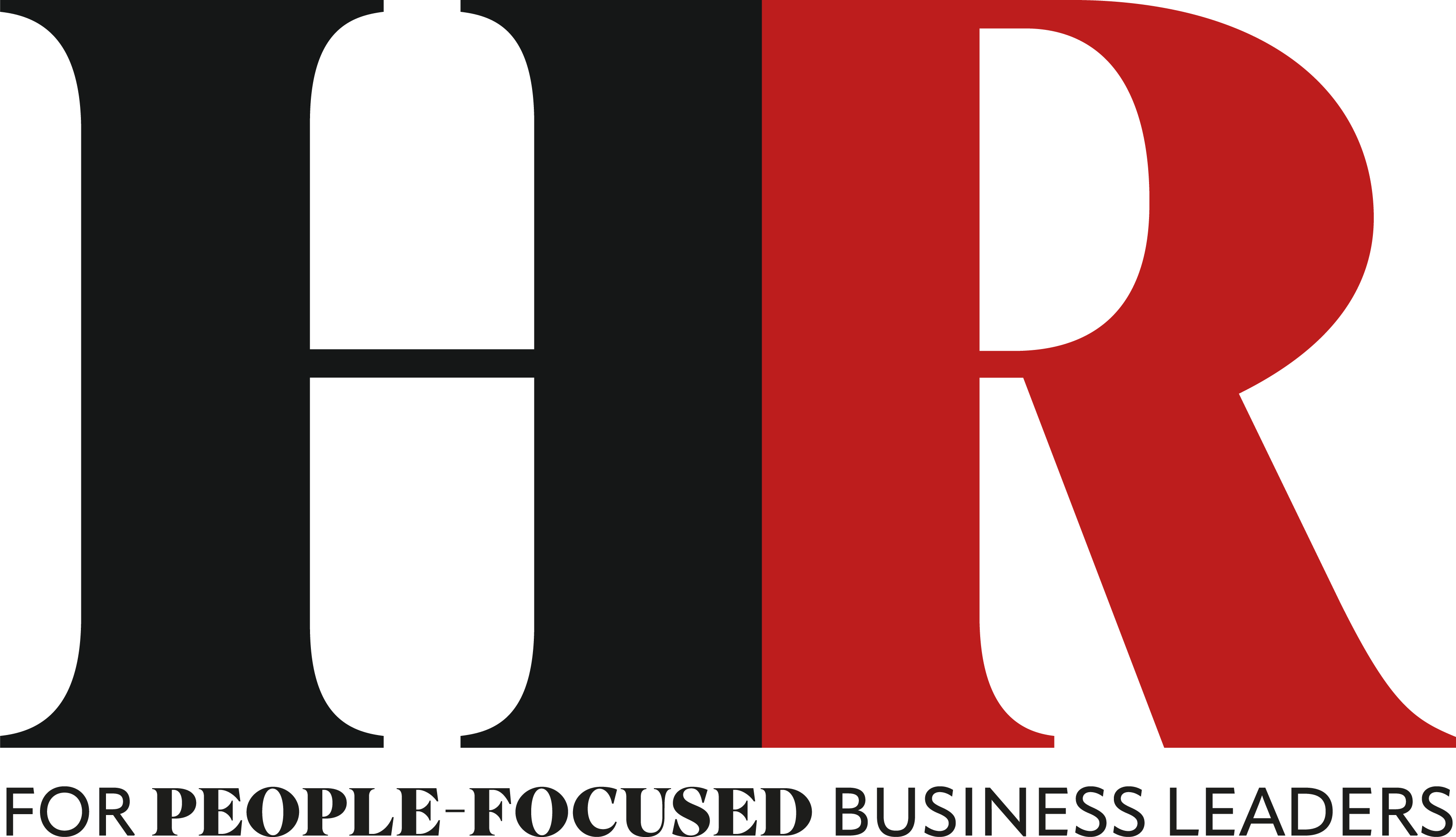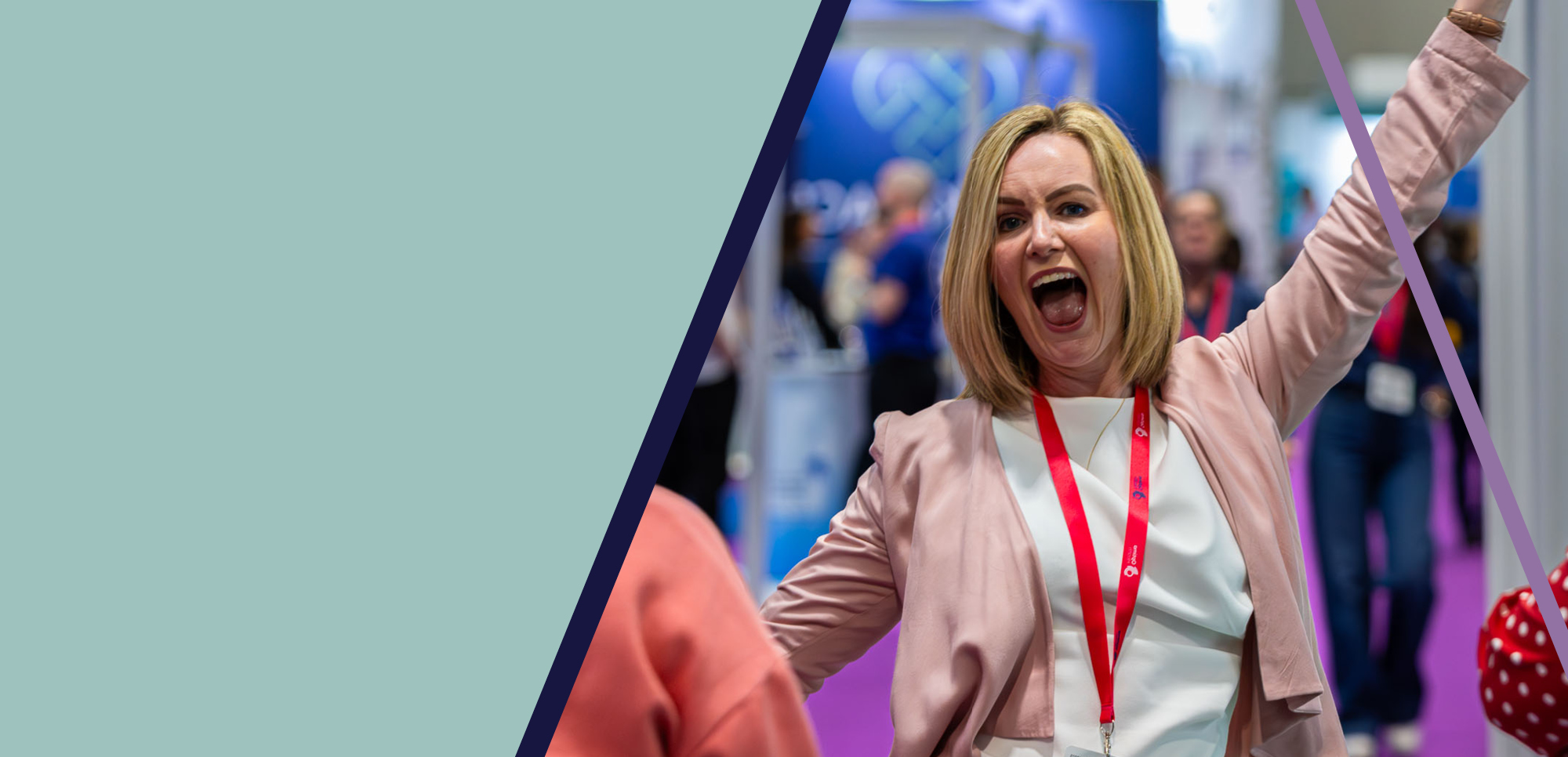What Happens When Occupational Therapists Successfully Collaborate with Occupational Health Teams, Human Resources and Line Managers.
)
This article explores how occupational therapists can collaborate effectively with key stakeholders to ensure employees thrive at work, even when facing physical, mental, or long-term health challenges.

Fran leads the team at South Coast Fatigue, an Advanced Practitioner Occupational Therapist with almost 30 years’ experience. Fran and the team work alongside organisations of all sizes, partnering with them and empowering their employees to self-manage fatigue related conditions to maximise wellbeing and work performance.
Passionate about a proactive and collaborative approach to managing low energy and chronic fatigue, Fran established South Coast Fatigue 15 years ago to partner with senior management, line managers, human resources and occupational health.

Fran Hill, Founder & Director, South Coast Fatigue
Fran leads the team at South Coast Fatigue, an Advanced Practitioner Occupational Therapist with almost 30 years’ experience. Fran and the team work alongside organisations of all sizes, partnering with them and empowering their employees to self-manage fatigue related conditions to maximise wellbeing and work performance.
Passionate about a proactive and collaborative approach to managing low energy and chronic fatigue, Fran established South Coast Fatigue 15 years ago to partner with senior management, line managers, human resources and occupational health.
Early access to occupational therapy support can result in relatively simple, cost-free solutions that will make a difference to productivity and performance at work. As well as partnering with corporate organisations, South Coast Fatigue works with the NHS providing a service for people with ME/CFS.
Occupational Therapy - The Missing Link
Collaborative partnerships are the cornerstones of improving workplace health and wellbeing. Physiotherapy and psychological therapies are often the two referral routes for an employee with MSK pain or facing mental health challenges, but this leaves a gap for those individuals who need support with both physical and mental health. This is where occupational therapy sits and it’s a crucial clinical specialty to have.
Collaborating With Occupational Health
Working closely with OH teams, occupational therapists can help design bespoke rehabilitation programmes that align with both the employee’s health needs and the organisation’s objectives.
Vocational rehabilitation is a key role of occupational therapy in OH. Either working as the lead to guide key stakeholders in smaller organisations or working alongside existing teams in a collaborative manner.

Collaborating With Human Resources
Occupational Therapy can play a crucial role in collaborating with HR and be an invaluable source of support. Occupational therapists can help ensure interventions are clinically sound and sustainable in the workplace.
Occupational therapists share insights into workplace adjustments which promote inclusivity and early access to support can enable employees to remain in work.
Collaborating With Line Managers
For line managers, collaboration with occupational therapists offers practical support in managing team members with health conditions. From understanding how this impacts day-to-day tasks, to developing plans and strategies, occupational therapists help individuals remain well at work or return to work safely.
Practical Support For All
Positive outcomes can be achieved benefiting both the employee and organisation:
- enabling managers to understand their team members' challenges and capabilities better
- early intervention is crucial to achieve long term success and a sustainable rehabilitation programme
- early referral to an occupational therapist, ideally following the initial assessment by occupational health, helps to support the employee remain at work
- facilitating open communication
- adjustments can be mutually beneficial for the employee and the organisation
- allowing managers directly manage day-to-day work tasks and performance
- helping organisations build policies that encourage wellness
- interventions are holistic and achievable
- objectives are tailored to meet the needs of the organisation and be sustainable in the workplace
- workplace adjustments promote inclusivity and wellbeing
- flexible working arrangements benefit productivity
- working environment modifications support function
- a goal focussed collaborative programme is bespoke for each individual and their organisation. A one size fits all won’t produce sustainable outcomes for either the employee or the organisation.
A Shared Vision for Health and Business
As businesses increasingly recognise the link between employee health and organisational success, partnerships between health professionals and business leaders has never been more important.

Occupational therapists that work alongside occupational health, human resources and line managers can be effective at ensuring the right strategy and plan is established. This supports an employee with tailored return-to-work plans and helps maintain their long-term well-being at work. Benefits include:
Integration
Occupational therapy integrates with all other disciplines and brings together the work they do in a holistic way.
Comprehensive Support System
It provides a comprehensive support system for employees, especially those managing conditions like chronic fatigue, long COVID, musculoskeletal (MSK) disorders, or mental health issues.
Seamless Integration
Collaboration allows for a seamless integration of health and business priorities, ensuring that employees feel supported, while the organisation remains productive.
Addressing Absenteeism
Often early intervention by occupational therapists can empower employees to remain productive despite health challenges, thereby reducing the likelihood of long-term sickness absence.
Whole Life Approach
Occupational therapists help employees by looking at how an employee performs across their whole life.
Expertise To Manage Disability Cases
Occupational therapists who are also Certified Disability Management Professionals (CDMP), possess the expertise to navigate complex health conditions and help manage disability cases in the workplace.
Sustainable Return To Work
Occupational therapists address energy levels, sleep patterns, mood and overall wellbeing. If an employee manages a days work but then crashes in the evening, this isn’t sustainable and is often when return to work attempts fail or sickness absences creep up.
Benefits Beyond Employee Support
When occupational therapists partner with businesses they receive benefits which extend far beyond individual employee support.
A truly integrated approach can enhance:
- organisational productivity
- reduce absenteeism
- reduce costs of sick pay
- improve function and performance
- improve confidence in managing a condition
- support cultural and organisational change
- foster a culture of wellbeing
- create an effective multidisciplinary approach.
Occupational therapy is a key player and one that can bridge the gap between physical and mental health in one profession. Partnerships with occupational health teams, human resources professionals, and line managers fosters a truly collaborative approach that benefits both employees and businesses. When we embrace hope, possibility and work together across disciplines, we create workplaces that support wellbeing and enable employees to thrive.













